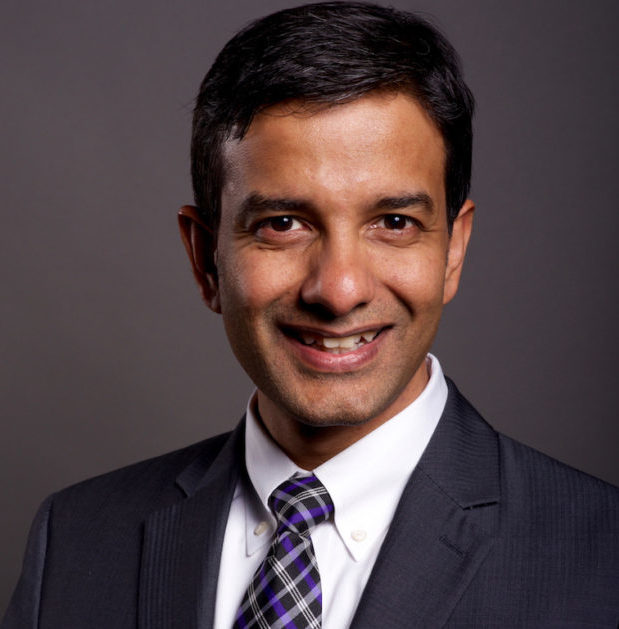
The recently released 2019 Medscape Physician Compensation Report provides a view into key trends within physician practices. The survey represents almost 20,000 physicians (including ~400 nephrologists) who provided feedback on salary and hours worked as well as what was rewarding or challenging at work. When combined with survey findings from the RPA Nephrology Practice Benchmarking Survey and the AMA Physician Practice Benchmark Survey, there are a few takeaways that we see as particularly relevant for nephrology groups.
- Stay independent. Nephrologists in the Medscape survey reported average annual compensation of $305k. This is comparable to the mean annual compensation of $315k reported in the RPA survey. In both instances, independent private practices do better than employed physicians due to the opportunity to have incremental patient care hours directly drive bottom line profits once their overhead is covered. The other macro trend favoring independent physician practices is the move to value-based care reimbursement models. Payor contract shifts to lower-cost out-patient procedures as well as a focus on avoiding hospitalizations and re-admissions positions independent physician groups with ASC or VAC affiliations over hospital-employed groups.
- Standardize workflows. Paperwork and administrative tasks continue to be a challenge. A majority of physicians (74%) spent over 10 hours per week and over a third reported spending more than 20 hours per week on administrative tasks. This is particularly relevant for nephrologists who see patients at multiple venues of care and interface with disparate systems. Establishing consistent workflow standards and tools with embedded best practices can help mitigate administrative burden. Standardized processes can allow practices to better leverage NPs and PAs. Over 56% of office-based, single specialty groups reported improved efficiency from using NPs and PAs.
- Scale for success. The trend for consolidation among physician groups is continuing. While more pronounced in primary care groups, physician aggregation is happening in specialty groups as well. The AMA survey reports a 25% increase in median physician group size over 2016-2018. At the same time, single specialty groups remain the largest share (43%) of practice types overall. The implication for nephrology groups is to focus on CKD programs and establish population health management expertise. Partnerships or alliances to increase scale for efficiencies with clinical integration and practice operations are likely to become more important going forward.
Acumen 2.0 seeks to support nephrology groups in addressing these trends with a nephrology-specific platform that enables workflow standards and best practices. The integration to Epic’s CareEverywhere network and reporting capabilities provide the opportunity to scale for success.
What are your thoughts on these survey trends? How do you see these impacting your practice? Please leave us a comment below with your thoughts or contact us to discuss how Acumen 2.0 can help you.
 Sam Gopal joined Fresenius Medical Care in 2016. He leads the product management team focused on the physician solutions portfolio, including My eCube Rounder, Compass, Nephrologixx, and the enterprise secure messaging and HIE/Interoperability programs. Sam has more than 20 years experience in management consulting, corporate strategy, and product management across multiple industries. He also has specific experience launching and scaling startup service lines inside of a large enterprise organization, which he will utilize for the launch of the Acumen 2.0 powered by Epic and Acumen Revenue Cycle Management offerings.
Sam Gopal joined Fresenius Medical Care in 2016. He leads the product management team focused on the physician solutions portfolio, including My eCube Rounder, Compass, Nephrologixx, and the enterprise secure messaging and HIE/Interoperability programs. Sam has more than 20 years experience in management consulting, corporate strategy, and product management across multiple industries. He also has specific experience launching and scaling startup service lines inside of a large enterprise organization, which he will utilize for the launch of the Acumen 2.0 powered by Epic and Acumen Revenue Cycle Management offerings.
Photo by Ethan Johnson on Unsplash




Leave a Reply